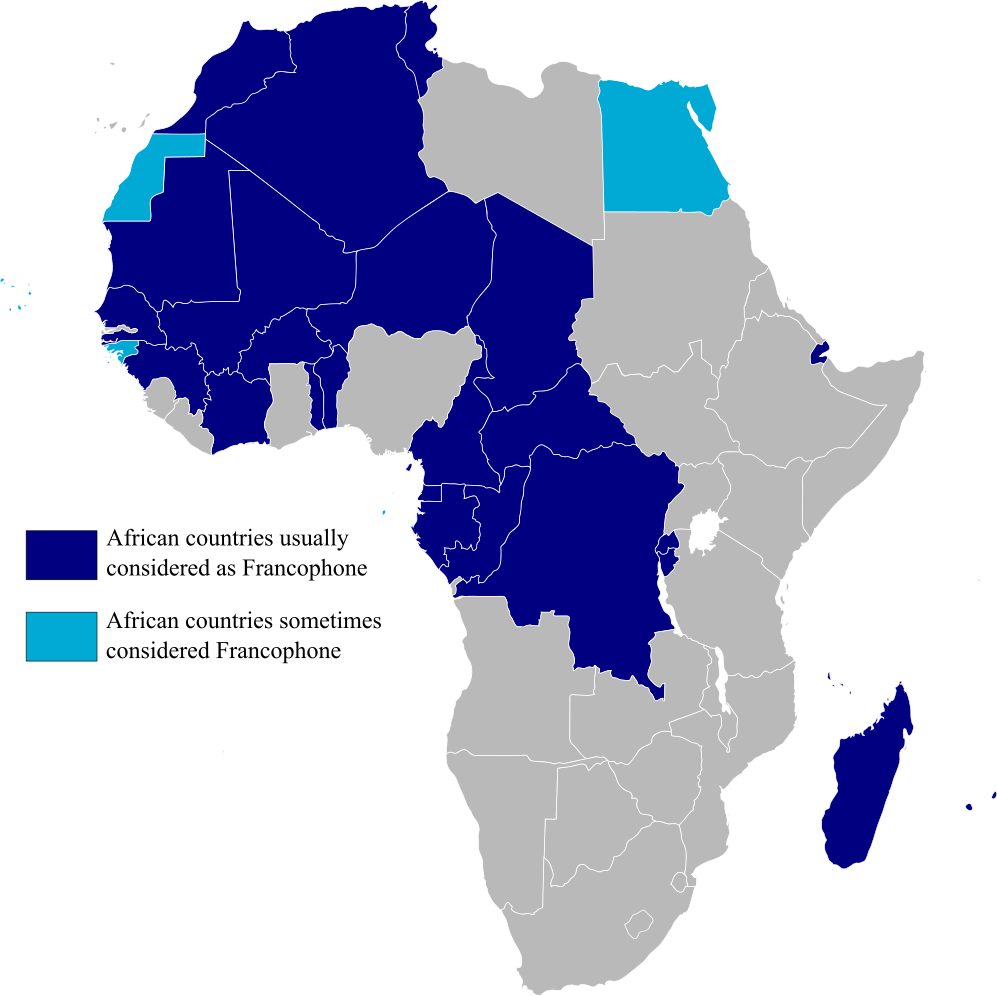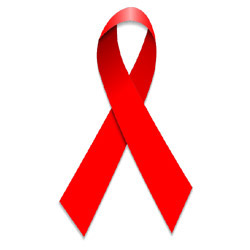
One of the many many unfortunate things about child soldiers is what happens after the wars or if they are released from the army. Some do recover from this severe psychological trauma, but others remain in chronic depression and suffer from other psychological disorders. There are groups that run centers to educate these children, but I imagine that it must be an extremely difficult thing to do as well as experience for the people who work there.
According to Amnesty International of Australia, "a 1993 UNICEF survey of 1,505 children who lived through the war in Sarajevo, Bosnia, found that 29% felt unbearable sorrow and 20% had horrifying dreams. Child soldiers, who have seen terrible things and may have done them too, are often severely affected. When asked about the future, some in Sudan began by saying, 'If I am not dead... ' or 'If I am alive...' "
It seems to me that everything happening in Africa, wars and disease and food and water shortages, are taking the greatest toll on children. Either their parents die and they are left vulnerable and helpless, or they are directly affected, such as being taken into the army. I hope a lot of effort is being made to help children in Africa, otherwise ten or twenty years down the road, things might get a lot worse because when these children become adults, they will not have skills or education to step into the government or professional positions.


 Ahmadou Kourouma- he wrote a novel called The Suns of Independence that has earned reviews in Europe as a masterpiece, but is largely unknown outside Europe and Africa.
Ahmadou Kourouma- he wrote a novel called The Suns of Independence that has earned reviews in Europe as a masterpiece, but is largely unknown outside Europe and Africa. Tanella Boni- she writes poems, novels, essays, and plays, and is very involved in philosophy prgrams and humanitarian efforts.
Tanella Boni- she writes poems, novels, essays, and plays, and is very involved in philosophy prgrams and humanitarian efforts. Marie-Charlotte Mbarga Kouma- she is a playwright, actor, and dancer.
Marie-Charlotte Mbarga Kouma- she is a playwright, actor, and dancer. Yolande Mukagasana- she survived the 1994 Rwanda genocide and published 3 books to raise awareness and in memory of the events.
Yolande Mukagasana- she survived the 1994 Rwanda genocide and published 3 books to raise awareness and in memory of the events.

